Are you looking to streamline your vendor contract process? Reviewing vendor contracts can seem daunting, but with the right approach, it becomes a breeze! In this article, we'll break down essential tips and insights to help you navigate contract terms effectively, ensuring you secure the best deals for your business. So, let's dive in and uncover strategies that can make your vendor negotiations a walk in the park!

Purpose and Scope of Work
The purpose of the vendor contract review focuses on ensuring compliance with service deliverables outlined in the agreement, which may involve software development, maintenance operations, or product supply. The scope of work often includes specific tasks related to project timelines, quality assurance procedures, and performance metrics tied to key performance indicators (KPIs). For instance, a software development project may require detailed user acceptance testing to validate functionality before deployment. Regular milestones could be set every quarter, in alignment with the overall project timeline, ensuring that both parties remain accountable throughout the process. Additionally, thorough evaluation of payment terms tied to completion phases is crucial to maintain incentive alignment between the vendor and the contracting entity. This contract review process is essential for fostering cooperative standards and minimizing legal risks associated with contractual obligations.
Payment Terms and Conditions
Payment terms and conditions in vendor contracts outline the financial obligations and processes required for services or goods provided. Standard payment schedules often include upfront deposits (typically 20-50% of the total cost) before project initiation and final payments upon completion or delivery. Payment methods can vary, with electronic transfers, credit cards, or checks commonly utilized. Net payment terms, such as Net 30 or Net 60, specify the timeframe (30 or 60 days) for complete payment to avoid late fees. Additionally, penalties for late payments, often calculated as a percentage of the outstanding amount, encourage timely transactions. Clear definitions of payment disputes and resolution processes further enhance clarity and foster a trustworthy relationship between vendors and clients.
Compliance and Regulations
Vendors must adhere to strict compliance and regulatory standards during contract execution. Key regulations include the Occupational Safety and Health Administration (OSHA) standards, which mandates workplace safety protocols to protect employees. Contracts should specify compliance with the General Data Protection Regulation (GDPR), ensuring personal data protection for EU residents. Environmental regulations must also be considered, such as the Clean Air Act, to maintain air quality standards. It is crucial to outline obligations for regular audits, demonstrating adherence to these regulations. Additionally, clarity on penalties for non-compliance must be provided to encourage accountability, ensuring vendors understand the significance of ethical practices in their operations.
Confidentiality and Data Protection
Confidentiality and Data Protection are critical components of vendor contracts, ensuring sensitive information remains secure. In compliance with regulations like the General Data Protection Regulation (GDPR) enforced in the European Union since May 2018, clauses should detail obligations regarding personal data handling, storage, and processing. Non-disclosure agreements (NDAs) safeguard proprietary information and intellectual property shared between parties. Specific measures, such as encryption standards and access controls, protect against data breaches, which could incur penalties up to EUR20 million or 4% of annual global revenue. Regular audits may be mandated to verify adherence to these data protection policies, ensuring transparency and trust between the vendor and the contracting organization. Legal recourse options must also be outlined in case of breaches or non-compliance, providing a framework for accountability.
Termination and Dispute Resolution
Vendor contracts often include critical sections addressing termination and dispute resolution. Termination clauses outline conditions under which either party can abort the agreement, ensuring clarity on notice periods (typically ranging from 30 to 90 days), grounds for termination (such as breach of contract or insolvency), and any obligations for unfinished services or deliveries. Dispute resolution sections detail the process for resolving conflicts, commonly requiring mediation or arbitration as alternatives to litigation, often citing institutions like the American Arbitration Association or specific rules based on the jurisdiction (such as the rules of the state of New York). These provisions protect both parties and establish a clear framework for addressing issues, emphasizing the importance of legal counsel in reviewing contractual language to avoid unforeseen liabilities and ensure compliance with industry standards.

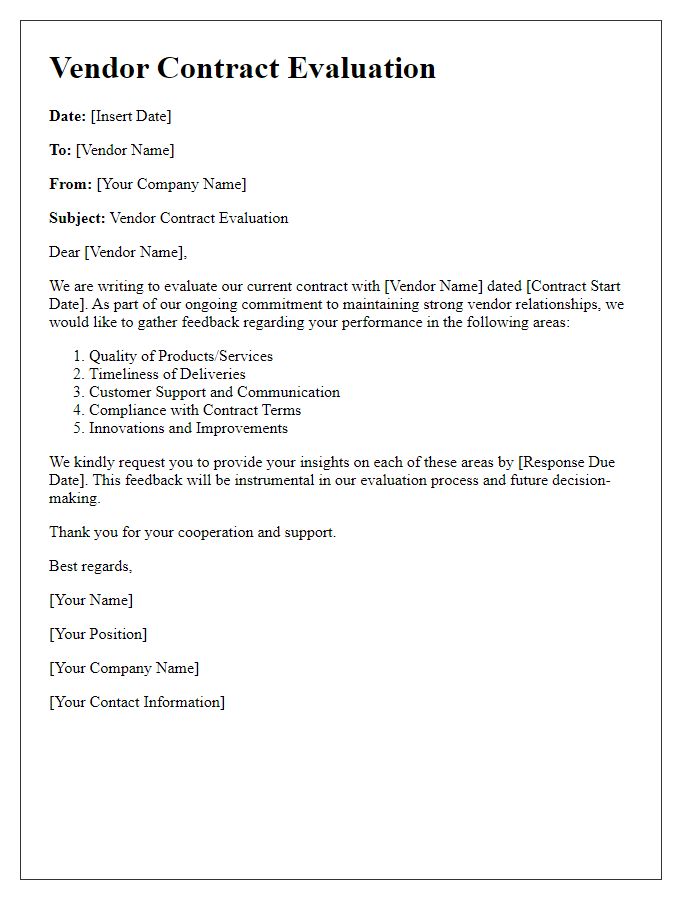
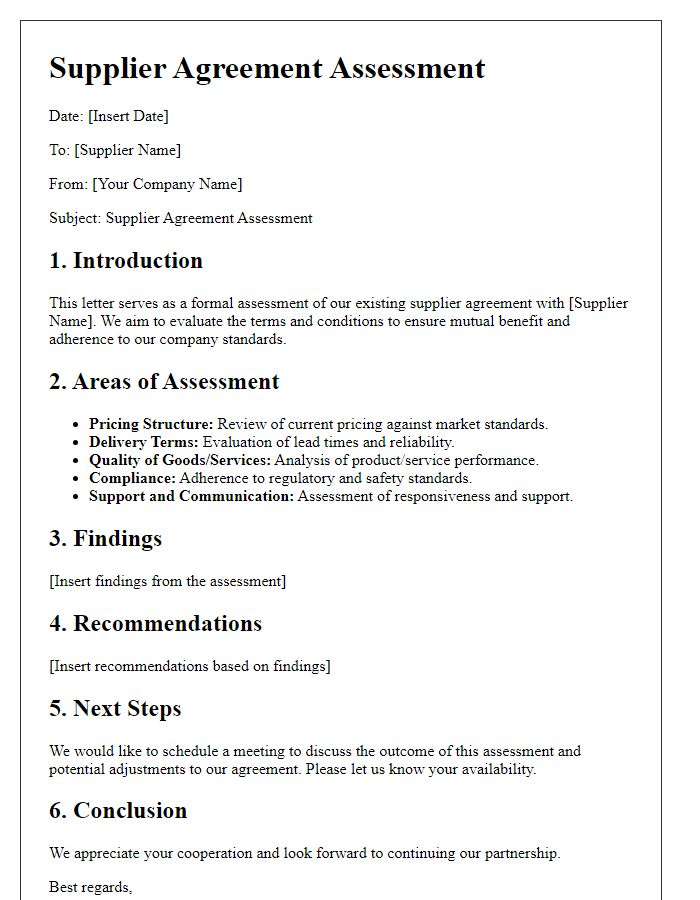
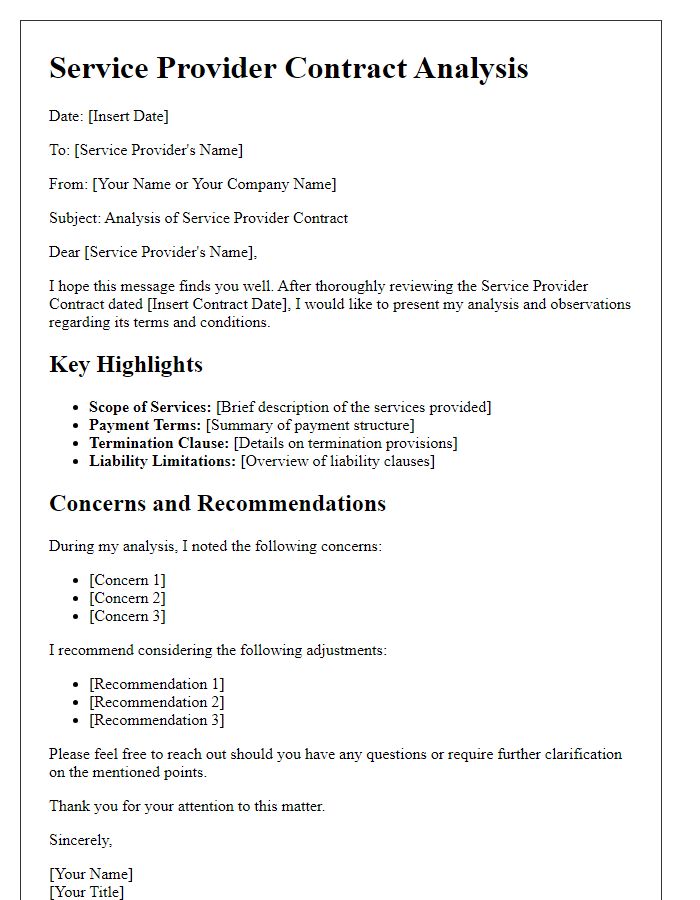
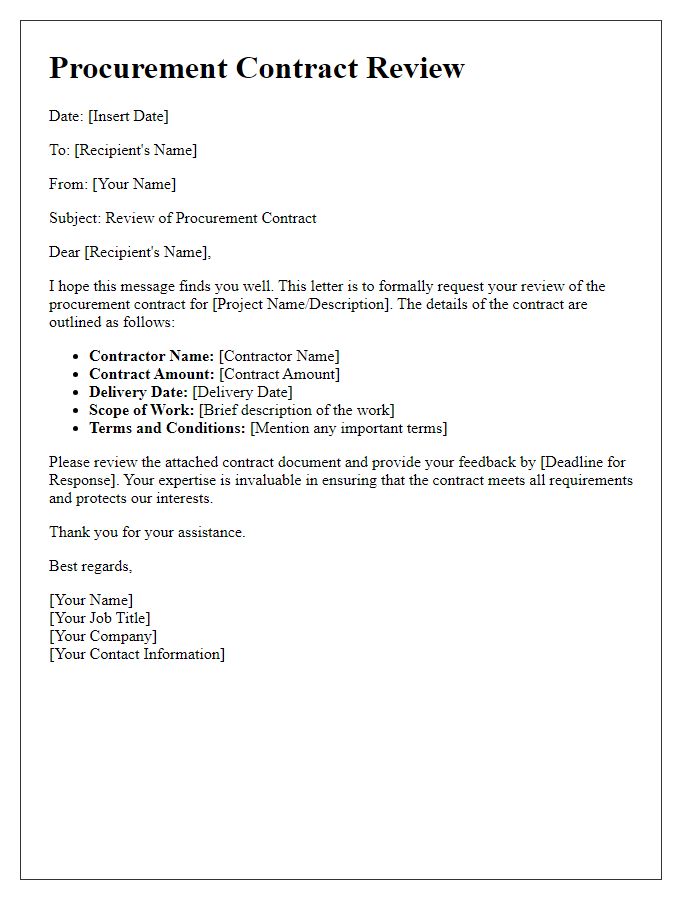
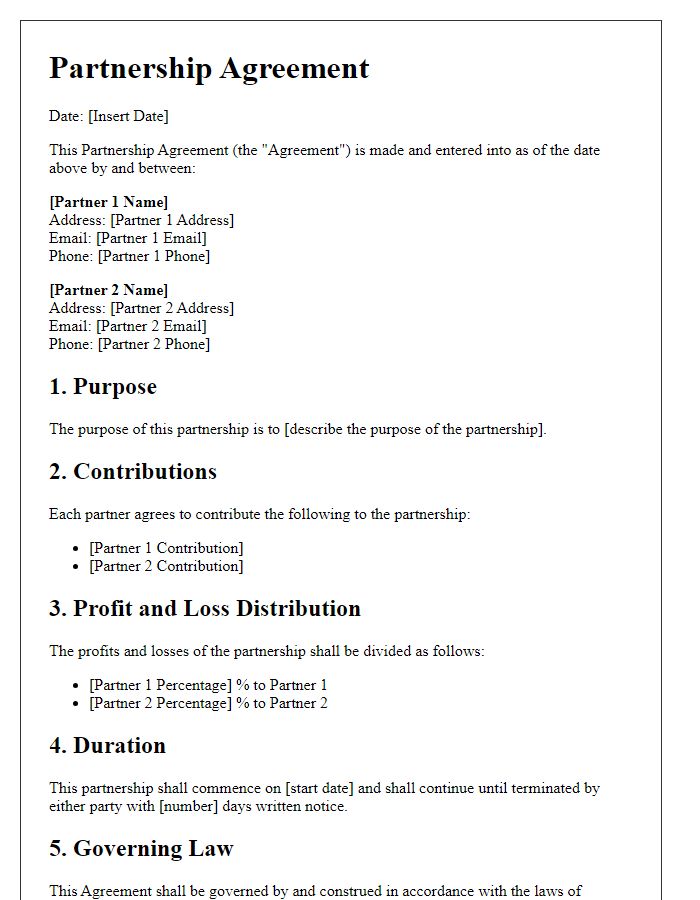
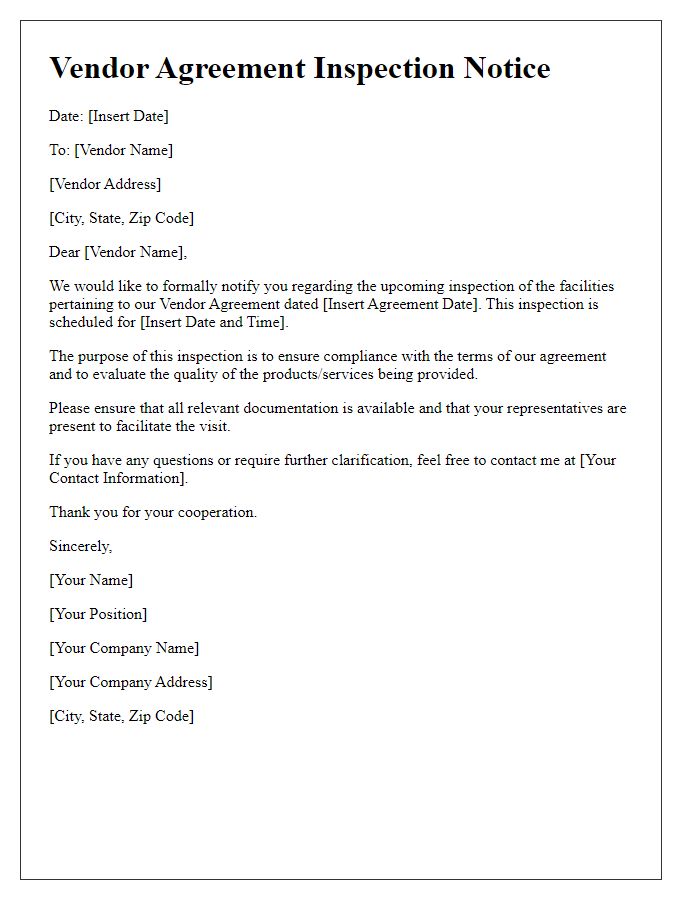
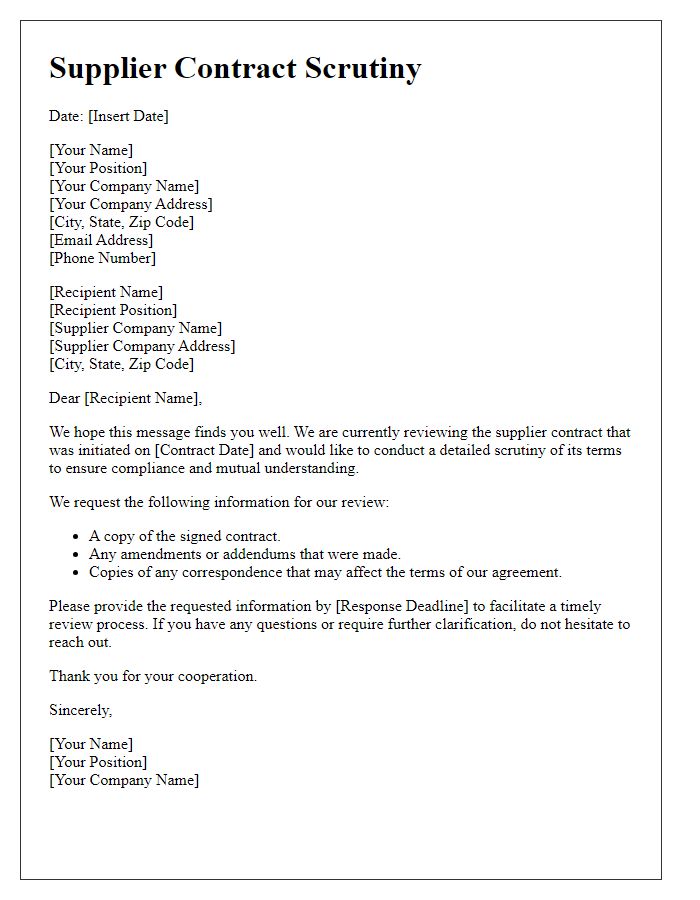
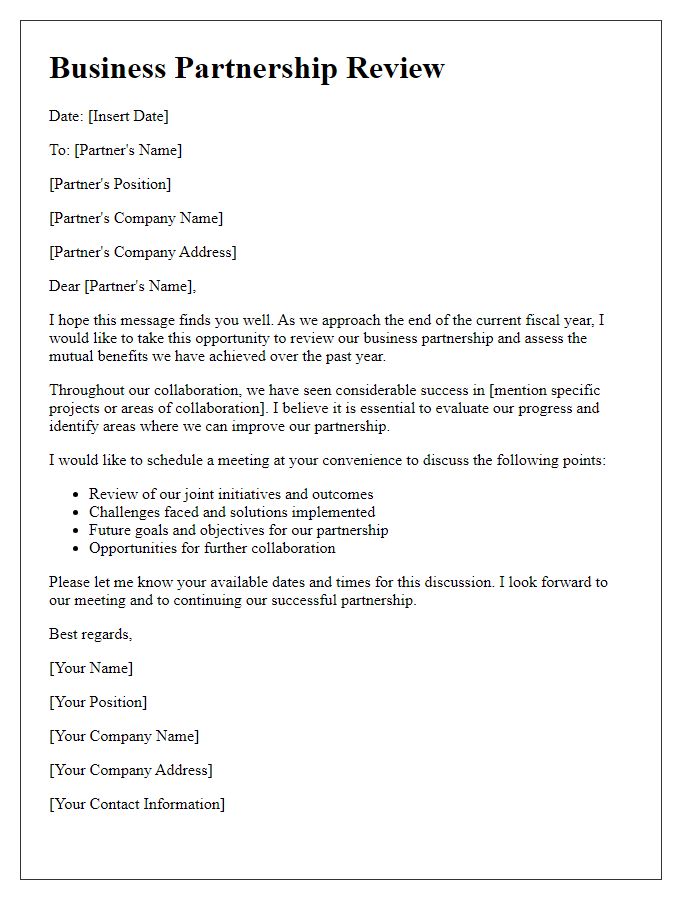
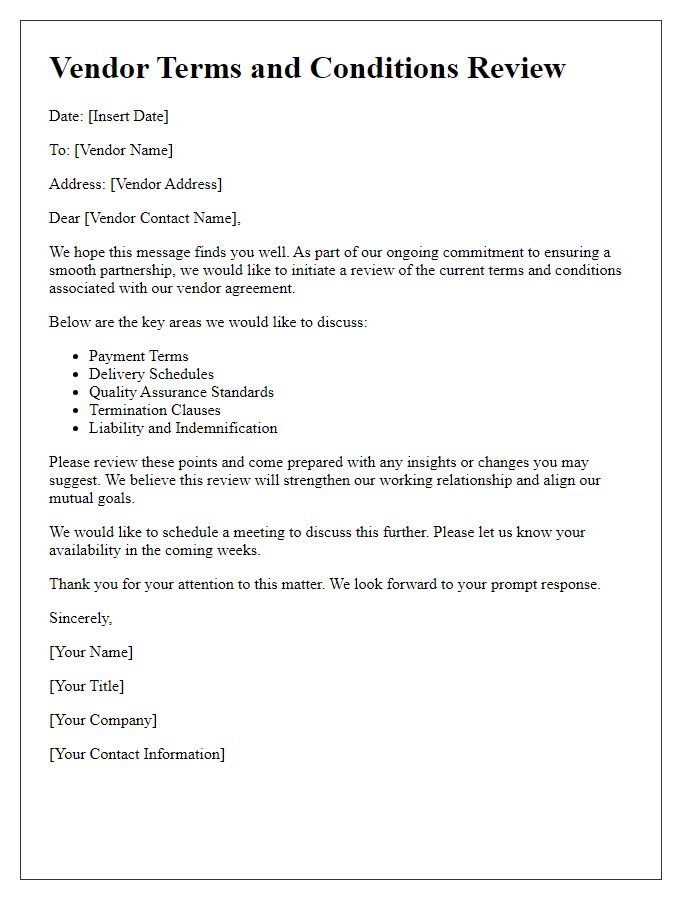
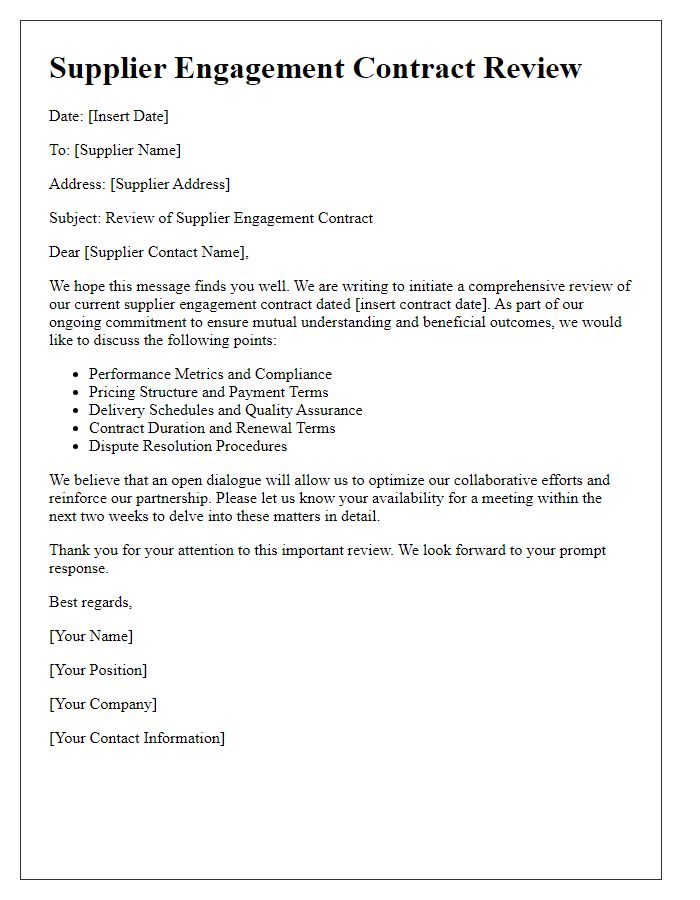


Comments